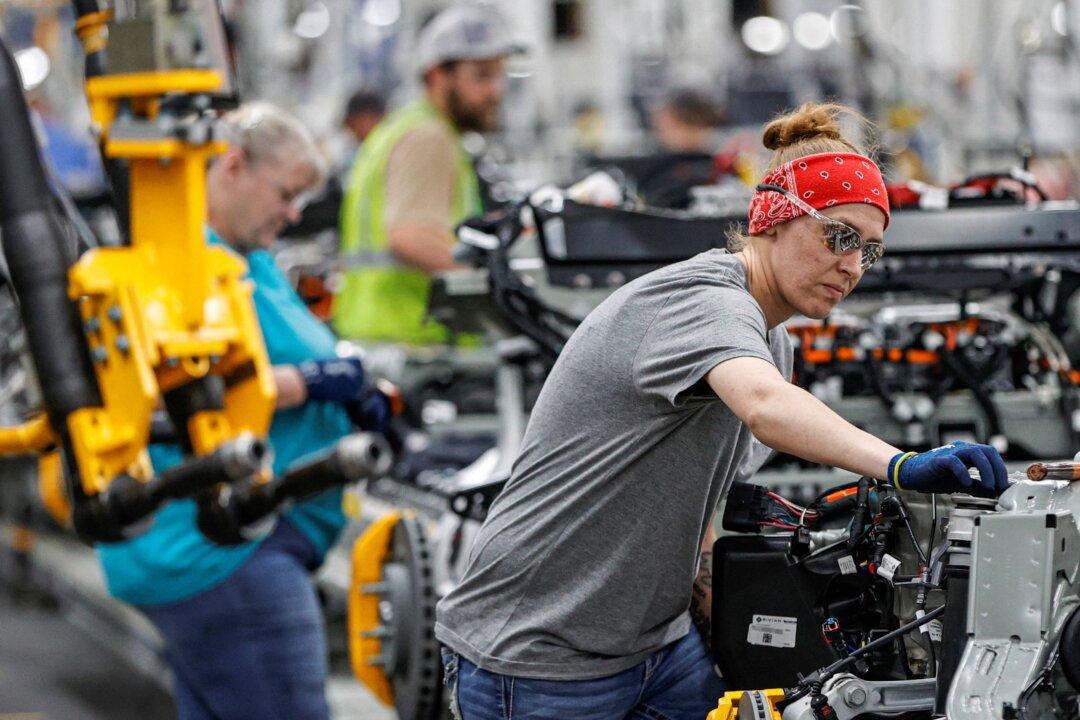A dispute panel for the free trade agreement in North America has ruled in favour of Canada and Mexico in their interpretation of the rules for the production of automobiles.
The dispute pertained to the U.S. having a stricter interpretation of the rules that govern the quantity of parts sourced in North America that must end up in a vehicle for it to qualify for duty-free treatment under the Canada-United States-Mexico Agreement (CUSMA).





